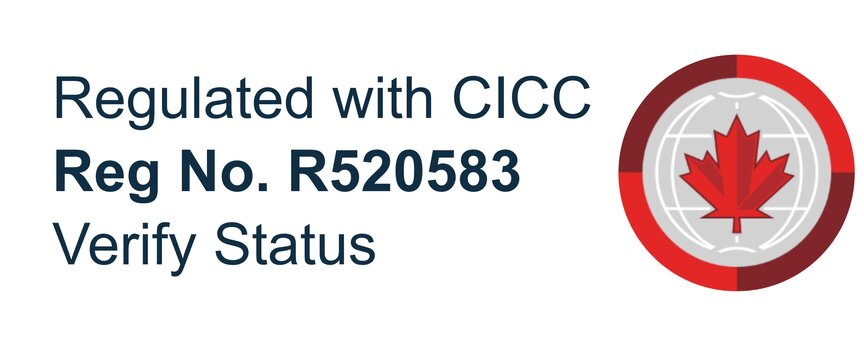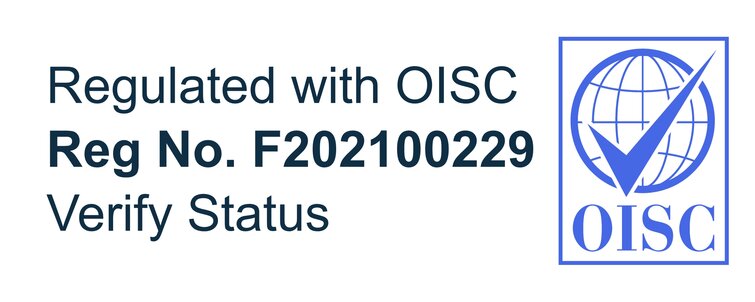The UK is in the midst of a pressing challenge. Across cities, towns, and even our peaceful countryside, there’s a noticeable gap: we’re short of care workers. These essential individuals support our elderly, assist those with health challenges, and provide daily care to many. Yet, as the number of older citizens in the UK rises, we find ourselves struggling to meet the demand. So, where do we turn? A growing consensus suggests that we should hire foreign care workers.
But why should we consider looking beyond our borders? The answer is multifaceted. Foreign care workers not only bring a wealth of diverse skills but also introduce innovative approaches to care. They have the potential to fill the existing vacancies, ensuring that every individual receives the attention and care they deserve. However, hiring from overseas isn’t a straightforward process. It’s here that the “sponsor licence” comes into play. This system, designed by the UK government, streamlines the process for employers keen on recruiting talent from other countries.
In this article, we’re set to embark on an enlightening journey. We’ll delve into the realm of foreign care workers, discussing the immense benefits they can offer and the potential hurdles we might encounter. Additionally, we’ll demystify the concept of the sponsor licence, making it easy to understand its pivotal role. If you’ve ever pondered about the evolving landscape of care in the UK and how we can adapt for the better, stay with us. This exploration promises to be both informative and thought-provoking.
Understanding the Sponsor Licence System
The UK, like many countries, has rules about hiring workers from abroad. If a company or organization wants to hire someone from another country, they can’t just offer them a job and expect them to start immediately. There’s a structured process in place, and it’s called the “sponsor licence” system.
So, what exactly is a sponsor licence? In simple terms, it’s a kind of permission. It allows UK employers to legally hire workers from outside the UK. Before an employer can offer a job to a foreign worker, they need to have this licence in hand.
Now, getting a sponsor licence isn’t just about filling out a form. Employers must prove they’re genuine and trustworthy. They need to show they’ve got suitable systems to manage their foreign workers. This includes keeping track of their work, ensuring they’re paid fairly, and making sure they’re in the UK legally.
Why is this system so important? It ensures that foreign workers are treated well and that they’re genuinely needed. It also helps the UK government keep track of who’s working in the country.
In the next sections, we’ll dive deeper into the benefits of hiring foreign care workers and also touch upon some challenges. But for now, it’s crucial to understand that the sponsor licence is the gateway for UK employers to access global talent. If we’re serious about addressing the care worker shortage, understanding and navigating this system is key.
Advantages of Hiring Foreign Care Workers
When we talk about addressing the care worker shortage in the UK, hiring foreign care workers isn’t just a makeshift solution. It’s a strategic move with multiple benefits. Let’s delve into some of the key advantages:
Diverse Skill Sets and Cultural Perspectives:
Foreign care workers come from varied backgrounds, bringing with them a wealth of knowledge and experience. This diversity can introduce new care techniques, alternative healing practices, and a broader understanding of patient needs.
Addressing Immediate Staffing Needs:
The care worker shortage is not a distant future problem; it’s a pressing issue. Foreign care workers can fill vacancies faster, ensuring that care homes and facilities remain adequately staffed.
Economic Benefits:
By filling the care worker gap, we ensure that care facilities continue to operate efficiently. This not only supports the healthcare sector but also contributes positively to the UK’s economy.
Enhancing Quality of Care:
With more hands on deck, care facilities can offer better patient-to-carer ratios. This means more personalized care, leading to improved patient outcomes and satisfaction.
Global Expertise:
Foreign care workers often bring with them knowledge from their home countries. This global expertise can lead to innovative solutions and fresh perspectives on care challenges.
In essence, foreign care workers don’t just fill a numerical gap. They enrich the UK’s care system, making it more robust, diverse, and capable of meeting the varied needs of its beneficiaries. However, while the advantages are numerous, it’s also essential to be aware of potential challenges, which we’ll discuss in the upcoming section.
Potential Challenges and Disadvantages of Hiring Foreign Care Workers (and How to Address Them)
While the advantages of hiring foreign care workers are evident, it’s essential to approach the topic holistically, acknowledging the potential challenges. Here’s a look at some of the concerns, along with actionable solutions:
Navigating Immigration and Visa Regulations:
Challenge: The process of hiring foreign workers can be complex, with various visa requirements and immigration rules to consider.
Solution: Investing in training for HR personnel on immigration regulations or collaborating with immigration consultants can streamline the process and ensure compliance.
Integration and Cultural Differences:
Challenge: Foreign care workers might face cultural integration challenges, potentially leading to misunderstandings or feelings of isolation.
Solution: Implementing cultural sensitivity training for all staff and fostering an inclusive work environment can bridge cultural gaps and promote understanding.
Training and Accreditation Variances:
Challenge: Foreign care workers might have received training that varies from UK standards, requiring additional training or certification.
Solution: Offering orientation programs and bridging courses can help foreign workers align with UK care standards quickly.
Potential Public Perception and Misconceptions:
Challenge: There might be misconceptions or biases against foreign workers, stemming from misunderstandings or lack of awareness.
Solution: Public awareness campaigns highlighting the value and expertise of foreign care workers can help in changing perceptions and fostering community acceptance.
Every solution comes with its set of challenges. While there are hurdles in hiring foreign care workers, it’s evident that the advantages far outweigh the negatives. By proactively addressing the challenges, we can harness the immense potential that foreign care workers bring to the table. Their expertise, diverse perspectives, and dedication can significantly elevate the UK’s care system, ensuring that every individual receives the quality care they deserve.
The Broader Impact on the UK’s Healthcare System
The inclusion of foreign care workers in the UK’s healthcare system has far-reaching implications. Their presence strengthens the system’s resilience, making it more adaptable to unforeseen challenges, whether they’re sudden surges in patient numbers or evolving care needs. As the UK’s population ages, the demand for care services is set to rise. Foreign care workers are pivotal in ensuring that this growing demand is met efficiently and effectively.
Moreover, their integration fosters an environment of global collaboration. The UK healthcare system can benefit from shared knowledge, innovative practices, and research from around the world. This international perspective can lead to improved care techniques and a richer understanding of diverse patient needs.
Furthermore, a diverse workforce can cater to the varied cultural and linguistic backgrounds of patients in the UK. This not only enhances the quality of care but also elevates patient satisfaction. Patients feel more understood, valued, and comfortable when care workers can relate to their cultural nuances.
In essence, while the immediate benefits of hiring foreign care workers are evident, the broader impact on the UK’s healthcare system is transformative, promising a future of enhanced care quality, collaboration, and patient satisfaction.
Finally,
The journey of understanding the role of foreign care workers in the UK’s healthcare landscape has been enlightening. From addressing immediate staffing needs to fostering global collaboration, their influence is undeniable. As we’ve explored, the challenges, though present, are surmountable, especially when weighed against the myriad benefits.
The UK’s healthcare system, with its rich history and commitment to excellence, stands at a pivotal juncture. Embracing diversity in care isn’t just a noble endeavor; it’s a practical and strategic move. It ensures that the system remains robust, adaptable, and most importantly, patient-centric.
For those considering this path, the journey might seem daunting, but support is available. If you’re interested in hiring foreign care workers, consider reaching out to AMK Global Group. They offer comprehensive assistance, not just with the hiring process, but also with the intricate details of visa and immigration. With experts like them by your side, the process becomes smoother, ensuring that you can focus on what truly matters: providing exceptional care to all.
Thank you for joining us on this exploration. Here’s to a brighter, more inclusive future for healthcare in the UK.












